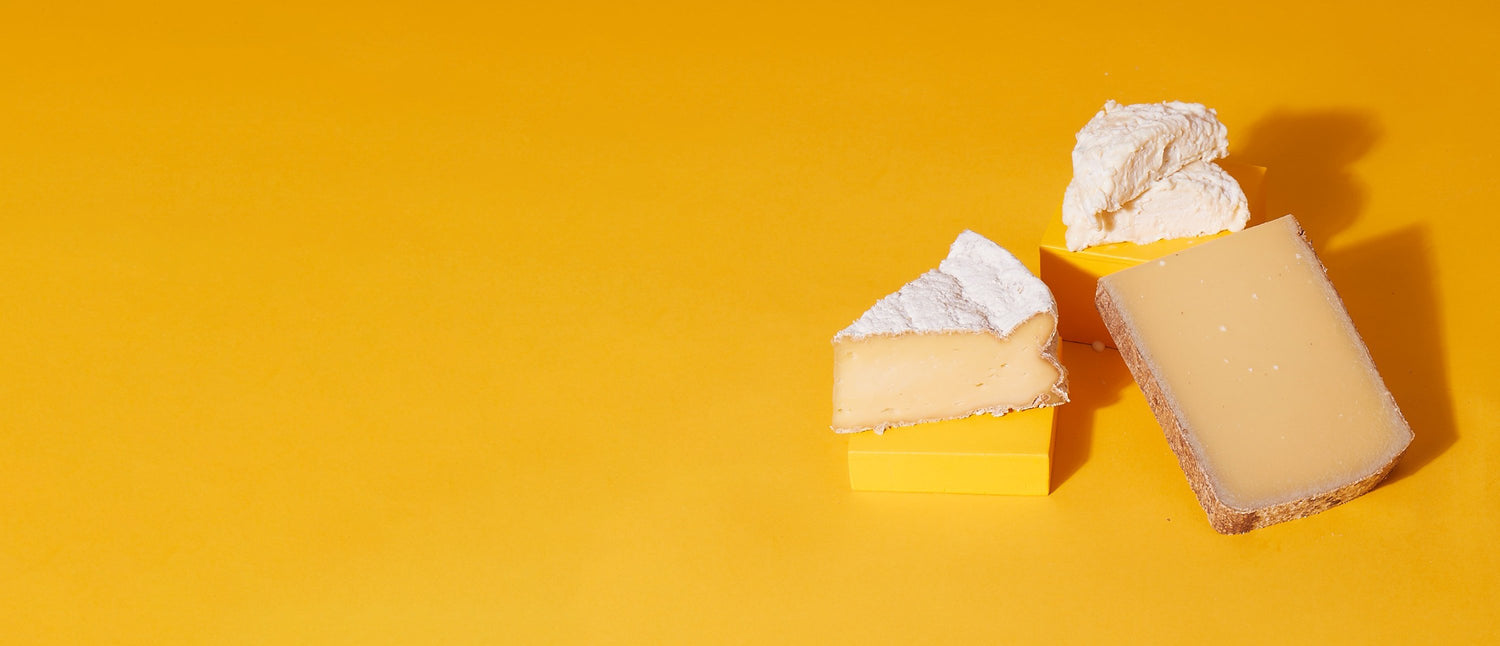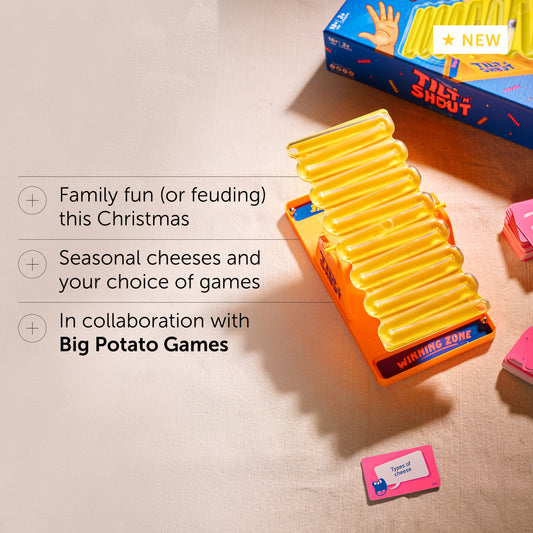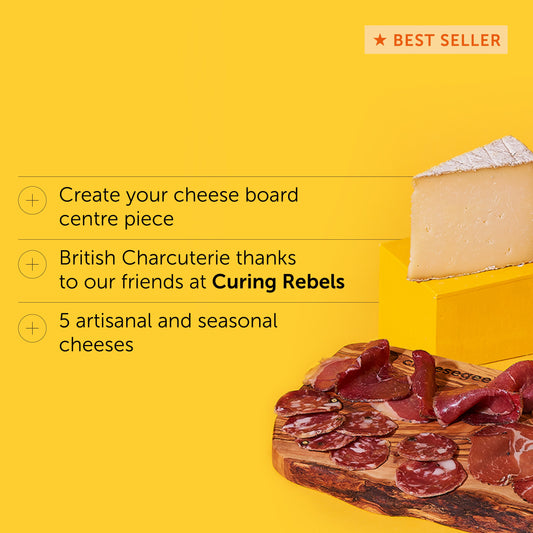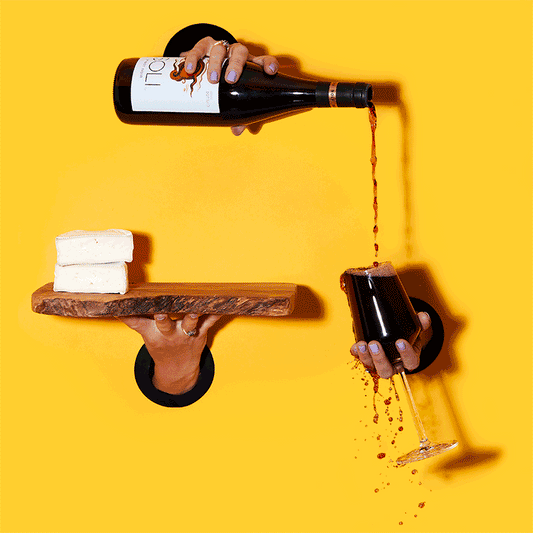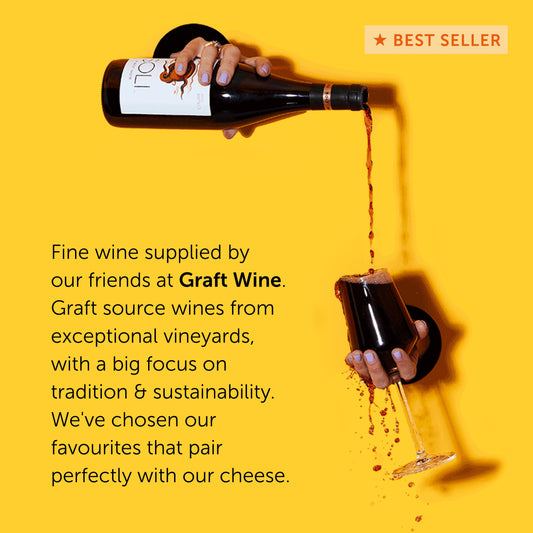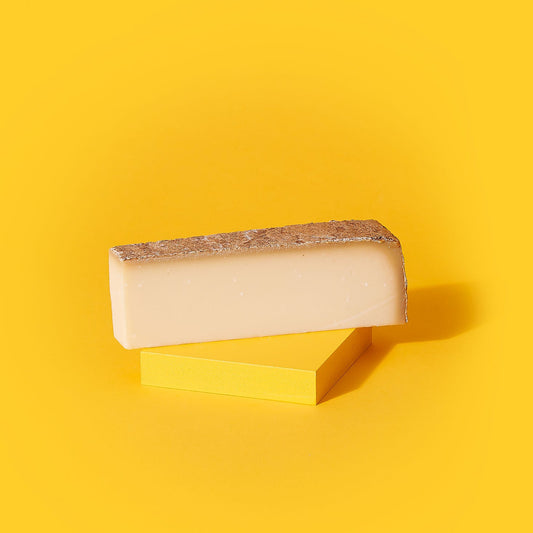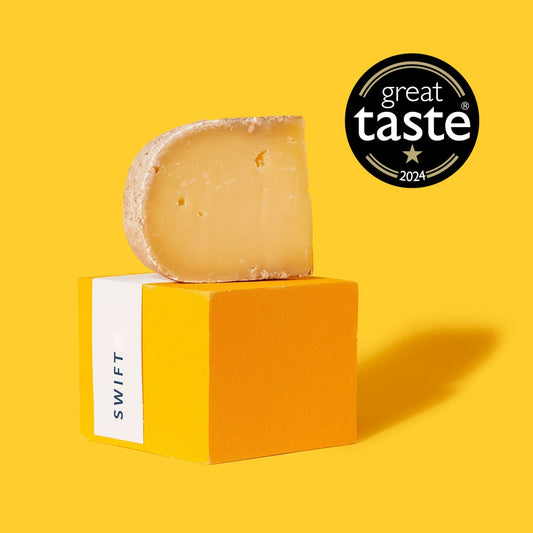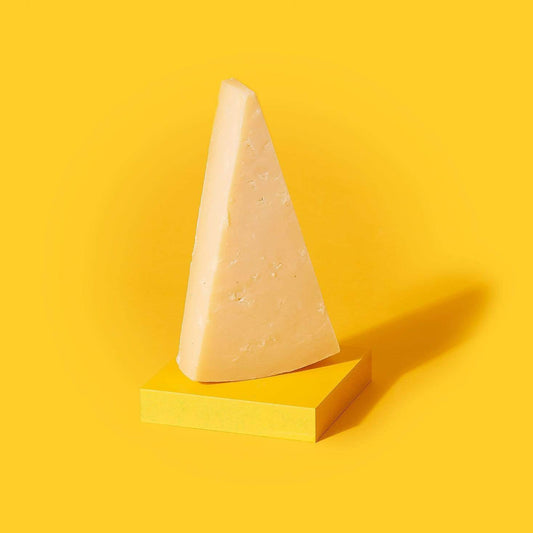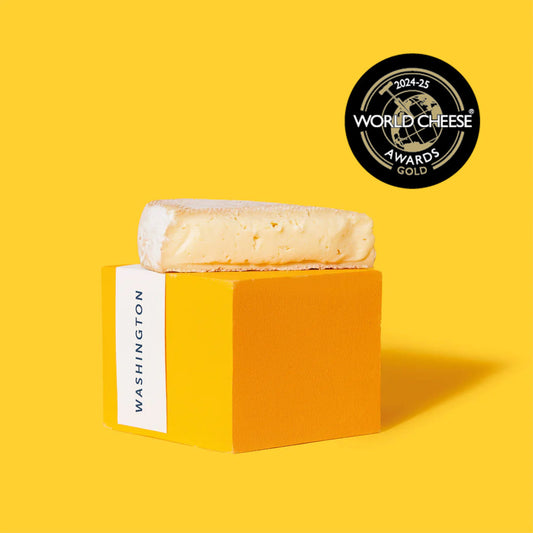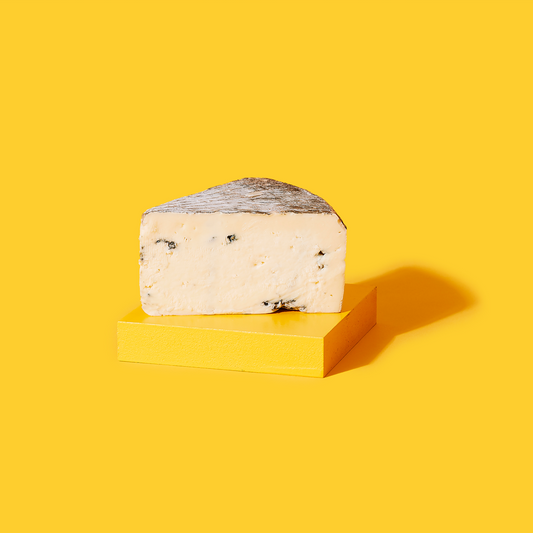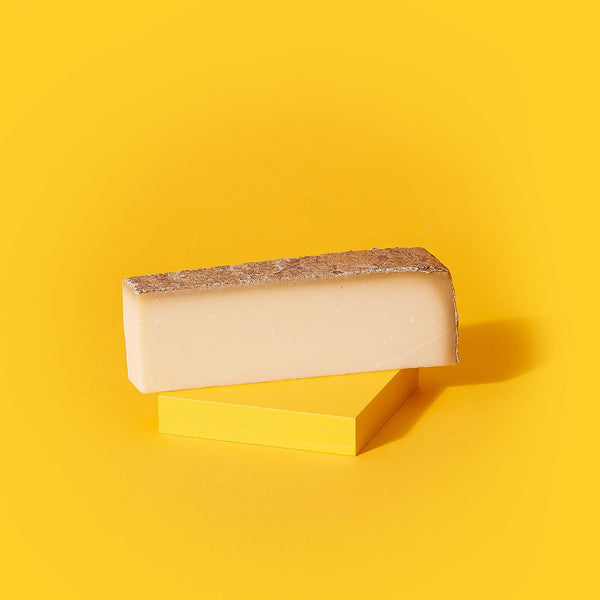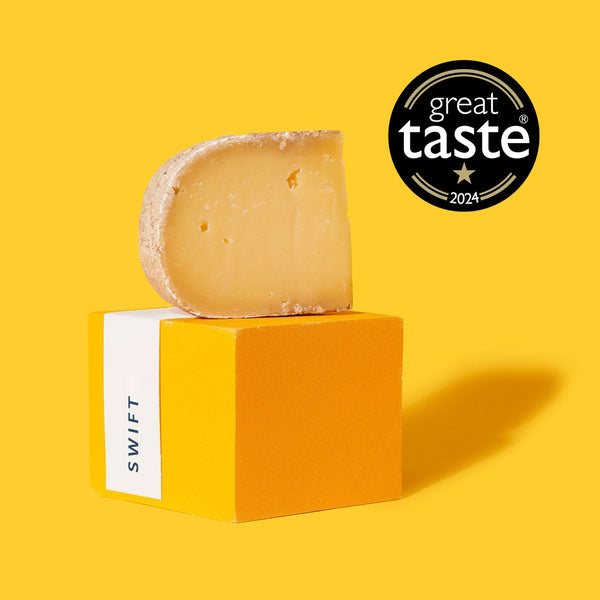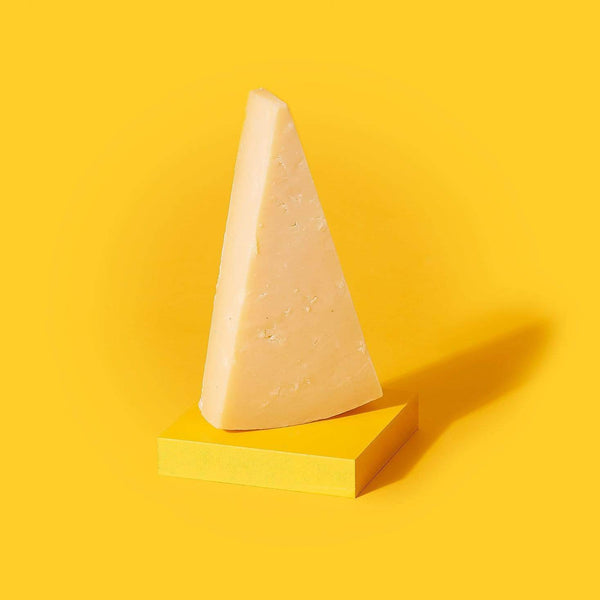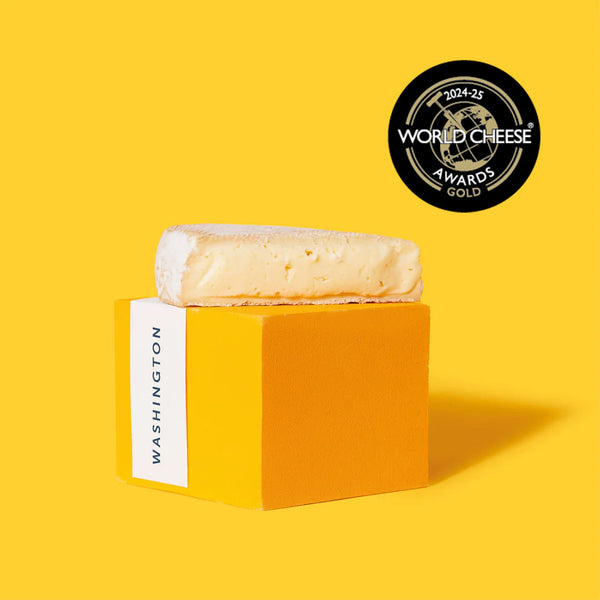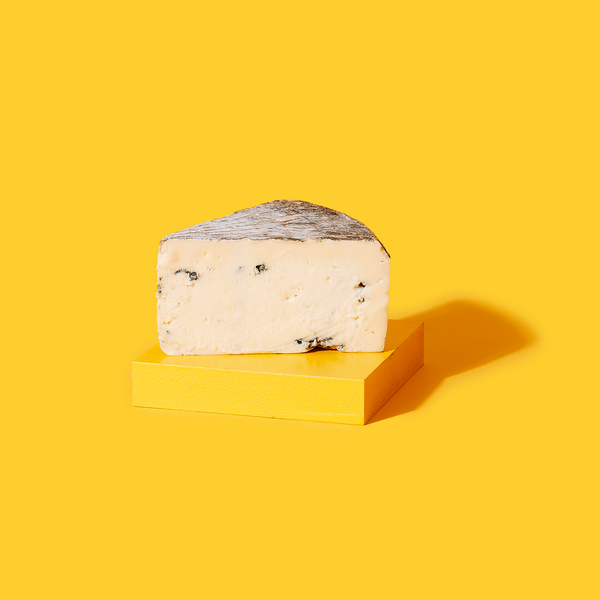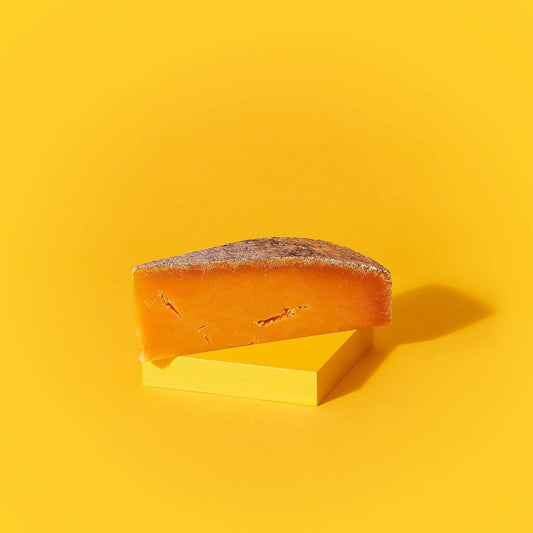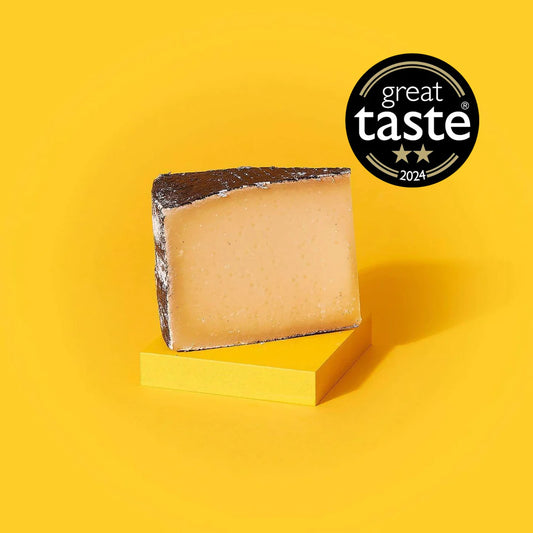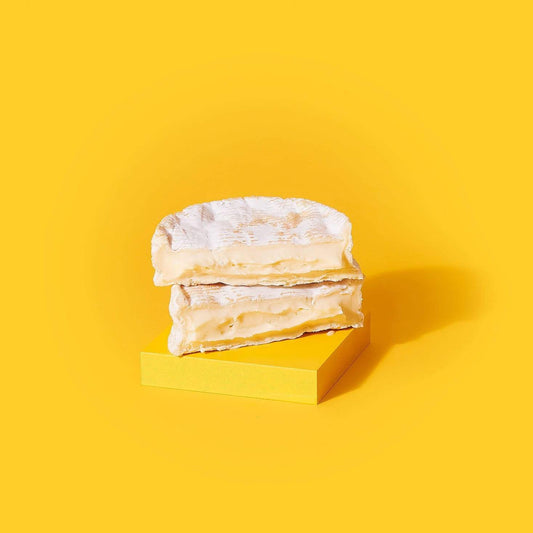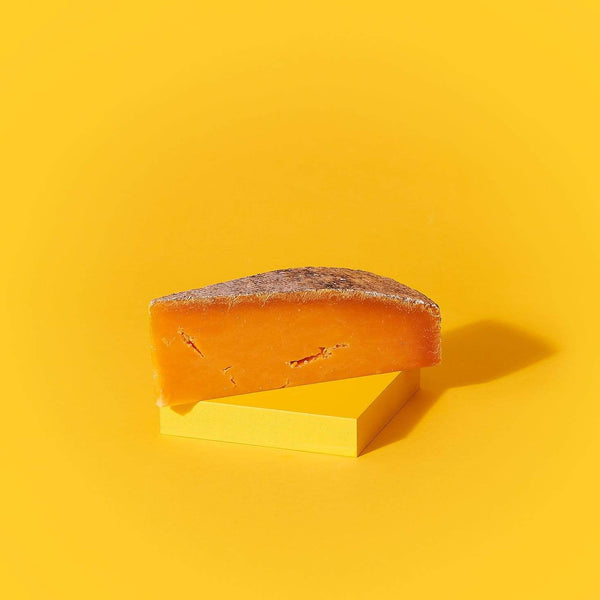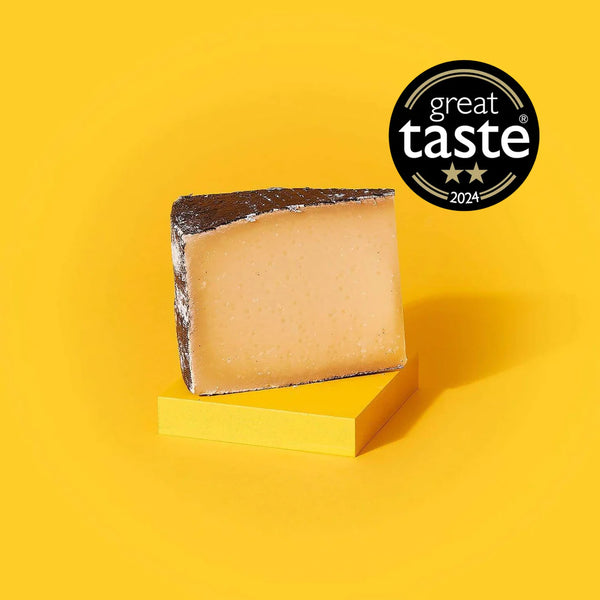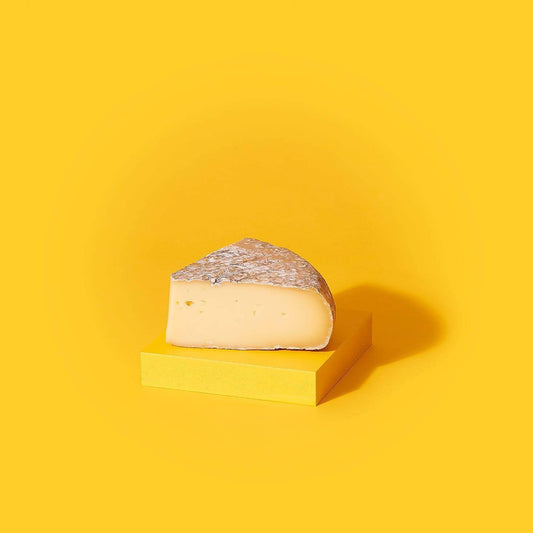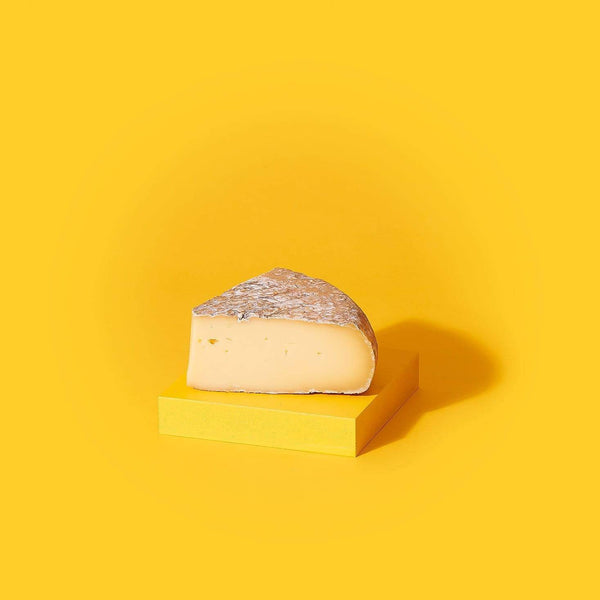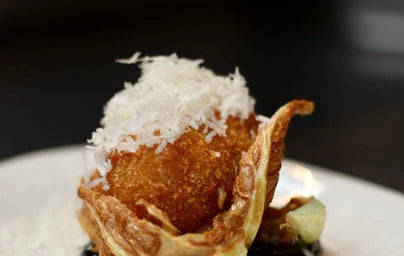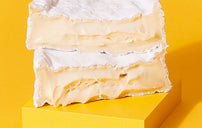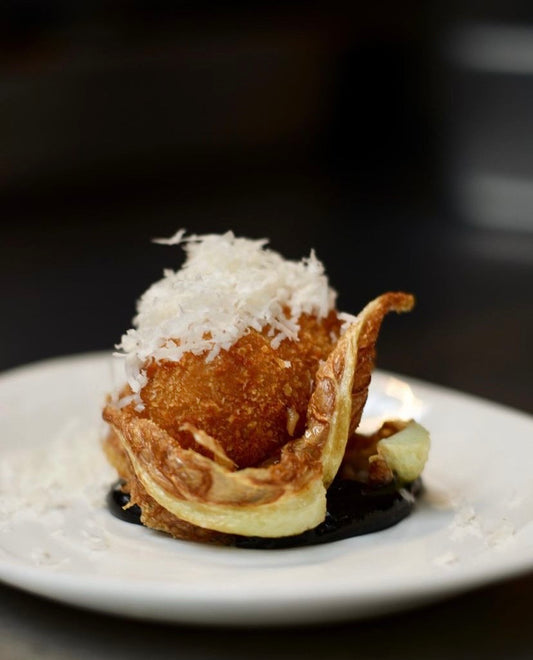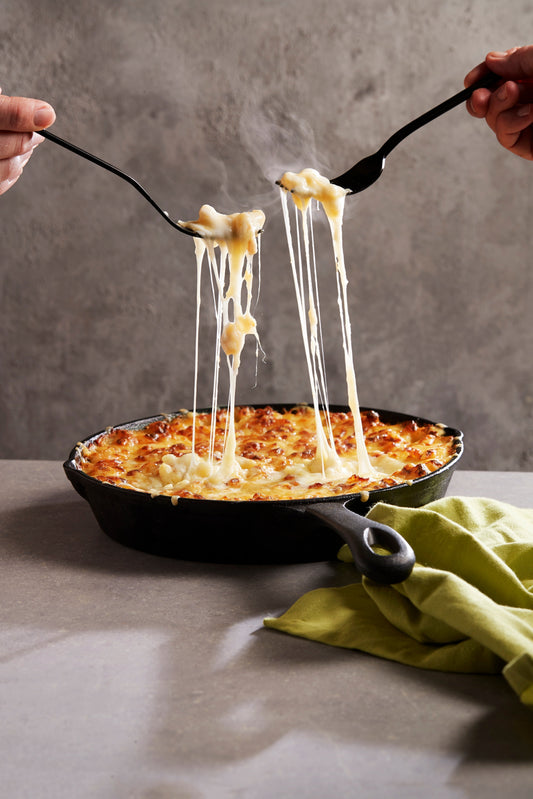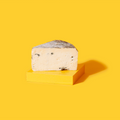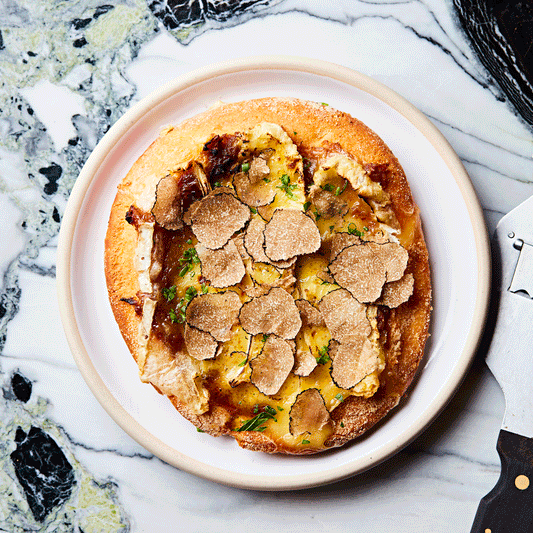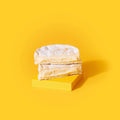Share
Before we begin we'd like to cordially introduce the author (that is if you haven't already met) - Alistair Cooper..
As humble as Ali may be, he is still 1 of the 210 wine masters in Britain, with only 418 in the world, and he is fortunately and unapologetically, a cheesegeek. It takes over 3 years, hours upon hours of studying, and true dedication to become a master of wine. However, what’s truly needed is genuine passion and it is safe to say Ali has that for wine. He curates our wines here at cheesegeek, finely and elegantly pairing particular wines with certain cheeses, paying great attention to subtle flavours and palates, whilst delicately matching notes to get your tastes buds exploding. It truly is a piece of art at play. If not in cheesegeek HQ, you’ll find Ali somewhere studying a new wine or modestly enjoying and appreciating the beauty of an already discovered one. Besides being a wine master and an all-round great guy, Ali is an independent British wine writer, judge, consultant, and educator with over 20 years of experience in the industry. His dedication and devotion to wine and it’s magic truly is incredible. As Ali himself said ‘ Cheese and wine are quite possibly the two finest foodstuffs known to man’, and we must say, we totally and utterly agree. Some know sports, some know science - Ali, well to put it simply, he knows wine. Get your reading goggles on as he takes you through the beginners guide to tasting wine.
Now, let's get the the wine tasting guide..
Well, where to start? That’s what I remember thinking when first embarking on my wine journey over 20 years ago. Wine and the whole process of wine tasting and appreciation can be seriously daunting and overwhelming, but it really shouldn’t be as quite honestly it’s just not that important. In the big scheme of things, it is a drink, a wonderful one (and one that provides me with a career), but in the grand scheme of life it is no more than a luxury.
Luxuries are there to be enjoyed, and that is the crux of wine and wine tasting – good old visceral pleasure. That is not to say that it cannot provide intellectual stimulation, it most certainly can and does. But that is largely for the minority, the majority just want to enjoy wine and many would like to know how to enjoy it more. That is where the process of wine tasting, and granted, a small amount of cerebral application can help achieve that. But again, where to start?
I remember attending my first wine tasting as a beginner – I had next to no knowledge about wine, except that I quite liked some of it. I didn’t know why I liked some wines and not others, and didn’t have a clue how to explain or vocalise anything. I approached a table where someone poured me a small sample of Sauvignon Blanc, I smelt it, I quite liked it and was promptly asked what I thought. I replied, ‘yes, it’s nice.’ And that was all I could say, I felt a little embarrassed and then listened to the gentlemen next to me offer his opinion, ‘Oh it’s wonderful, packed full of gooseberries and passion fruit with piercing freshness and so beautifully clean.’ I then smelt the wine again, and I got what he meant – it did smell like gooseberries and passion fruit, cool!
Now, that didn’t mean that I enjoyed the actual taste of the wine any more than the first sip I had, but it made me think, and begin to help teach me why I liked certain things and not others. The key to beginning tasting wine is not to worry, and to remember that it should be fun. Yet there are a few things that can help you to achieve that, and to unpick what it is that you like and why you like it. So I am going to talk you through the basics of beginning to taste wine. It’s also a bit like a game, and games should also be fun – and then throw in some cheese and it’s even more fun…

So firstly two things that I think are pretty important – the glass that you drink from and the temperature of the wine. Don’t worry, it’s not an exact science and isn’t a deal clincher, but a tulip shaped glass can help concentrate the aromas. I like a relatively thin rimmed glass, as it weirdly makes you feel more connected to the wine, sounds odd – but that’s how I see it. Secondly, the temperature of the wine, I prefer white’s that are not directly from the fridge – take them out for 20 minutes, you will get more from the wine. Likewise, reds that are too warm lose fruit and nuance – it’s better to put them in the fridge (yep!) for 20 minutes if stored at room temperature.
The first step is probably the dullest one – looking at the colour of the wine. This can help you identify a wine, but chances are you already know what it is – it says so on the label! However, if trying to identify a wine blind (like I have had to for exams) it can in fact tell you quite a lot. The flesh of nearly all grapes (there are exceptions) is white, and the skin either green or red. White wines are generally made in the absence of their skins, and red wines are made in contact with their skins hence their colour. Certain grape varieties have thinner or thicker skins, and with red grapes this can affect how dark the colour of the wine will be… Age will also affect the colour of the wine, as red wines get lighter with age (and go a brick colour at the rim) and white wines get darker and more golden with age. There are many other things that you can spot, but let’s not worry about those for now!
Then give your wine a little swirl, this helps release the aromas. Have a good, deep and long sniff – stick your nose right in the glass! Don’t worry too much if you can’t identify particular smells or fruit, but perhaps you can ask yourself questions – dose the wine smell fruity or herbal? And then break it down – is it red fruit or dark fruit? Is it spicy, can you smell coffee or perhaps tobacco. Note these things down, do you like these smells? Something I used to do was to smell everything – I mean in everyday life (I still do). Smell herbs, smell fruits, smell all sorts of things – and this helped me build up a really good bank of smells in my head. But, I am a bit weird and have always kind of done that as smell has always been a hugely evocative sense for me…
Tasting the wine – the fun bit finally. Take a sip (not too small, not too big) and move the wine around your entire mouth. Then either spit or swallow – your call. The overriding question is do you like the wine? Then think about what it is that you like about it – is it rich and powerful, or light and fresh? Does it feel balanced? This is something that you hear about a lot, and I will go on to discuss many of these elements in upcoming posts. Balance means does it all gel nicely – or is the acidity really too much, or perhaps those tannins stand out too much. Tannins tend to be found in red wines and give that grippy/furry sensation on your gums and tongue. Write don what you like about it. Does the wine feel heavy in your mouth or light? If heavy then it is a full bodied wine, if light then it’s light – and medium bodied well – that is in the middle.
A lot of the body of a wine will relate to alcohol content – but not always. Alcohol content will be dictated by a few things, but one of the key points is where the wine comes from. Warmer places normally equal more alcohol, as grapes ripen they get more sugar. The warmer the place the more sugar, and that sugar means higher potential alcohol. This is all somewhat simplistic, but that is why generally fuller bodied wines come from warmer climates.
Often people will ask about the ‘legs’ of a wine, the residue that sticks to the glass after a swirl. This has nothing to do with quality, but it indicates higher alcohol and/or sugar in the wine. The more viscous they are the higher either or both of those elements will be. The length of a wine is often discussed – this really simply means, how long does the taste of the wine remain in your mouth (hopefully in a pleasant way!). The longer the pleasant flavours last, the better.
Now – I am aware that this is all a very basic guide to tasting. And I look forward to going into depth about certain issues in upcoming posts. At this point, as a beginner, the key is to start to think about these things. Not to worry deeply, just to think about what you might like in a wine. Make a note of the wines that you enjoyed and those that you didn’t. Look up the grape variety, take pictures of labels, spend just a few pounds more on wines. Go to wine tastings, go to independent wine shops and tell them the name of a wine that you have liked. Ask them to recommend something similar. Experiment with wines, keep an open mind. It’s about gathering information, gaining vocabulary, spotting differences and similarities in wines and the more you do these things the more they make sense, and hopefully the more enjoyable wine will become!

